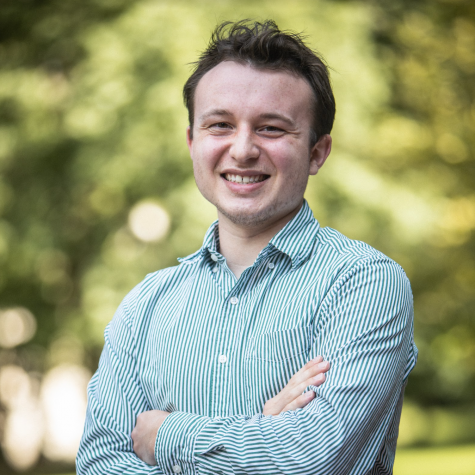Therapy patients may benefit from dialogic praxis, according to a Perspectives article published Jan. 16 by Vanderbilt Medicine, Health and Society professor Dominique Béhague and colleagues. Dialogic praxis is a practice in which the patient and therapist engage in open dialogue about the patient’s life and continually learn from one another, with particular attention paid to how outside factors impact a patient’s wellbeing.
The case study was published in the New England Journal of Medicine as part of a series of articles investigating social processes in clinical medicine. Raphael G. Frankfurter, A.B. from the University of California San Francisco, Helena Hansen, M.D., Ph.D. from New York University and Cesar G. Victora, M.D., Ph.D. from the Federal University of Pelotas in Brazil were Béhague’s co-authors.
Dialogic praxis is not so much a form of therapy as a theory of learning, according to Béhague. The process of dialogic praxis emphasizes the importance of the “social domain,” or the social and institutional factors that affect one’s life, such as social conflict and discrimination. The theory of dialogic praxis is based on work from Brazilian philosopher and educator Paulo Freire.
Mental health in the United States is often given a biological frame, with therapists attributing a patient’s symptoms to a mental illness diagnosis. In countries like Brazil, however, therapists may be more likely to account for environmental factors such as class or race in discussing a patient’s mental health, according to Béhague. Dialogic praxis is the practice of emphasizing how social inequities and ensuing stressors affect mental health, and focusing on allowing the patient to explain their life to a therapist without the end goal of a diagnosis.
Béhague’s publication explores the case of a 16-year-old low-income boy in southern Brazil and his experiences with a psychiatrist in a community clinic. The boy had been struggling with poor school performance, anger issues, and alcohol and drug abuse. Unlike previous school psychologists who had focused on behavioral management strategies, the psychiatrist encouraged the boy to talk about his life in an unstructured way, and asked him questions about his everyday life and social interactions.
The boy found his time with the psychiatrist helpful, crediting the success to the fact that the psychiatrist admitted that he didn’t know what the boy’s day to day life was actually like. In talking about his day-to-day life, the boy was able to shift his attention to understanding how his social relationships in school and in everyday life affected his emotions.
“It really is about turning the direction of power. What many kids were telling us is that the community psychiatrist was the first adult in a position of authority who didn’t just reprimand them or tell them what to do,” Béhague said. “Just that act of somebody saying ‘you teach me about your life,’ that was incredibly empowering.”
This shift of focus can enhance patients’ understanding of how the world around them affects their wellbeing and aid them in collaborating with their therapists to identify ways to break down those barriers. The use of dialogic praxis in therapy differs from traditional cognitive behavioral therapy, which tends to aim to “correct” negative behaviors and cognitive processes and generally doesn’t account for external stressors, according to the study. Dialogic praxis stresses a patient’s autonomy and collaboration with their therapist, Béhague said.

















